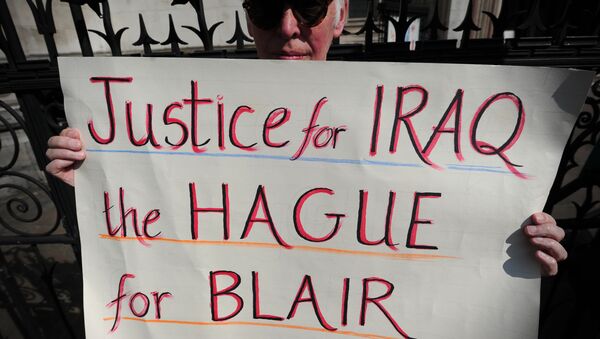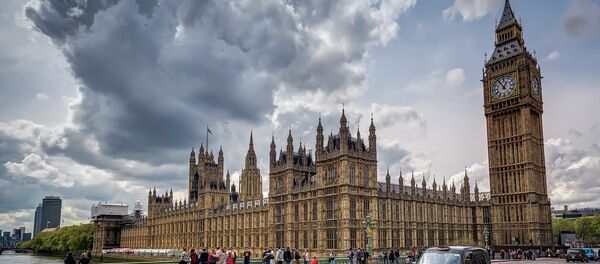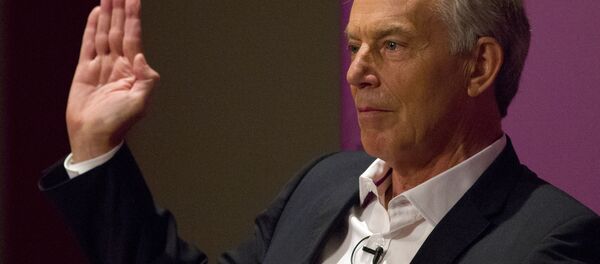Member of Parliament David Davis is to propose the motion:
"That this House calls on the Government to conclude the National Security checking of the Iraq Inquiry report as soon as possible in order to allow publication of that report as soon as possible after 18 April 2016, and no later than two weeks after that date, in line with the undertaking on time taken for such checking by the Prime Minister in his letter to Sir John Chilcot of 29 October 2015."
In 30 minutes I will lead a debate calling on Government to publish the Chilcot Report as soon as possible.Follow at https://t.co/7OvsKkeBzx
— David Davis MP (@DavidDavisMP) 14 April 2016
The decision to join the US in the invasion of Iraq in 2003 proved controversial, with a complete failure to get international agreement for a UN Security Council Resolution clearly backing the invasion. The UK Prime Minister at the time, Tony Blair, came in for criticism for his close relationship with the — then — US President George W. Bush and there has been pressure ever since to uncover what the two men agreed to do and when.
The central issues in the run up to the invasion were Iraq's alleged ownership of weapons of mass destruction and the pressure for regime change to topple the Ba'athist government of President Saddam Hussein.
Finally, in 2009, his successor as Prime Minister, Gordon Brown, ordered an inquiry into the run-up to the invasion, under Sir John Chilcot.
The inquiry heard evidence from 2009 until 2011, but has yet to report — a subject of deep controversy, with allegations of a cover-up. All participants in the inquiry — government officials and politicians have been given the chance to pre-read the judgement of the inquiry and respond to any criticism. However, many believe the process has gone on too long and the report should be published.
Missing Weapons
While it had been largely expected that Blair would shoulder much of the criticism, it has emerged that a wider group of people have been criticized in the report — adding to the delay in its publication.
@ImranELSS some of us have been waiting a while for #Chilcott now…#WotAFurrkinLiberty pic.twitter.com/qTVtGtXEIi
— Sparra ɛїɜ (@Sparraneil) April 4, 2016
One of those rumored to be in for criticism is the former Foreign Secretary Jack Straw who admitted to the Chilcot Inquiry: "The question of whether to go to war has also been one of the most divisive, certainly in my political lifetime. It made many people very angry at the time, and subsequently. That — and the failure to find any weapons of mass destruction has undermined trust."
The Attorney General at the time, Lord Goldsmith is believed to have said any invasion without a clear UN mandate would be illegal and claimed he had told Straw so in a telephone conversation. He said: "The Government must not, however, fall into the trap of believing that it was in a position to take action which it could not take. Nor must [the UK Government] promise the US Government that it can do things which the Attorney considers to be unlawful," a note of their conversation reads.




